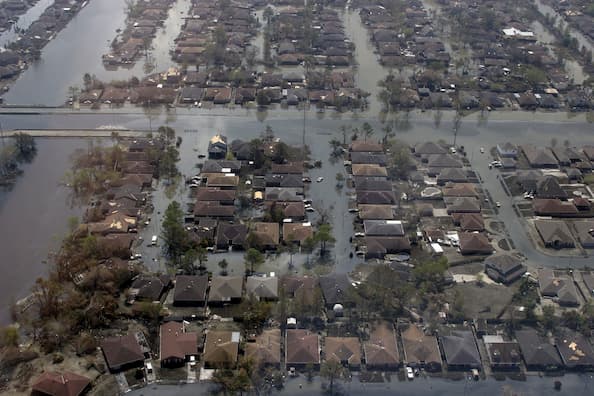It is heartbreaking when a flood rushes through an area and homeowners can only watch as it takes with it their prized possessions. Unfortunately for those in South Carolina, floods are something that happens quite often. In the past few years alone the state has seen Hurricane Hermine, Hurricane Matthew, and of course most recently, Hurricane Florence.
Often, the only hope homeowners have to recoup their losses is to file a flood insurance claim. These claims are not always easy to pursue, as insurance companies often try to fight them to avoid paying out large settlements. If you are filing a claim, the best way to protect it is by following all the deadlines associated with the process.
The 60-Day Deadline
After a flood, homeowners must check with their local police to determine when they must file their Sworn Proof of Loss form. Typically, filing must occur within 60 days from the time of loss or when the flood occurred, but some insurers word their policies differently. Some state that the Sworn Proof of Loss form must be submitted within 60 days of a request from the insurer.
Most insurers use only the 60-day deadline and do not include any verbiage regarding a request from the insurance company. It is extremely important that homeowners know what their policy covers and what it requires so that they do not lose out on the important compensation they need.
Additionally, the Federal Emergency Management Agency (FEMA) also often extends the 60-day deadline after major disasters. For example, after Hurricane Harvey brought massive flooding to South Carolina, FEMA extended the deadline by one year.
This is just as important for homeowners to understand, since the full amount of losses may not yet be known if claims are filed too soon. When extensions are provided, homeowners have more time to understand the full extent of their losses, so they may file a claim that will compensate them appropriately.
Deadlines for Disputes
Unfortunately, although insurance is meant to protect homeowners, insurance companies do not always want to pay out large settlements. Floods could cause extensive damage and settlements often climb into hundreds of thousands of dollars in value.
To keep more of their profits, insurance companies may attempt to deny valid claims, preventing homeowners from getting the help they need. Fortunately, when insurance companies do not pay homeowners the compensation they rightfully deserve, those homeowners may file a lawsuit against the insurance company.
However, there is a statute of limitations—or a deadline—on these claims as well. Specifically, that timeframe is one year from the mailing date of any notice from the insurance company denying a claim or any portion of a claim. When lawsuits are filed after that one-year deadline, homeowners are often barred from recovering any compensation.
Speak to a Lawyer About Deadlines for Flood Insurance Claims
Filing a claim with an insurance company is never easy, as they have many tactics they may use to try to deny the claims of homeowners and keep more of their profits. When they do deny a claim, it becomes even more challenging for homeowners to recover after a natural disaster.
If you have been impacted by a flood and need to file a claim, a qualified South Carolina attorney could help you meet all deadlines and work hold insurance companies accountable for paying the compensation you need. Call today to learn more.


